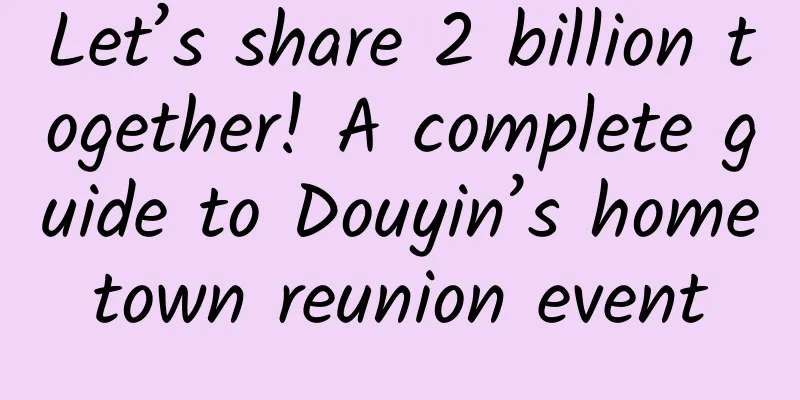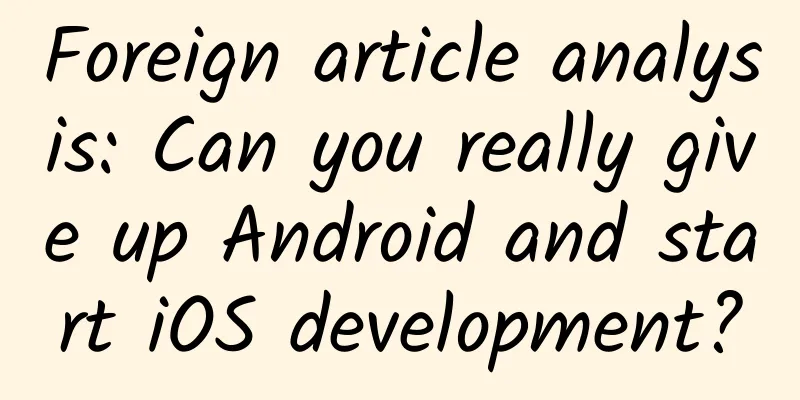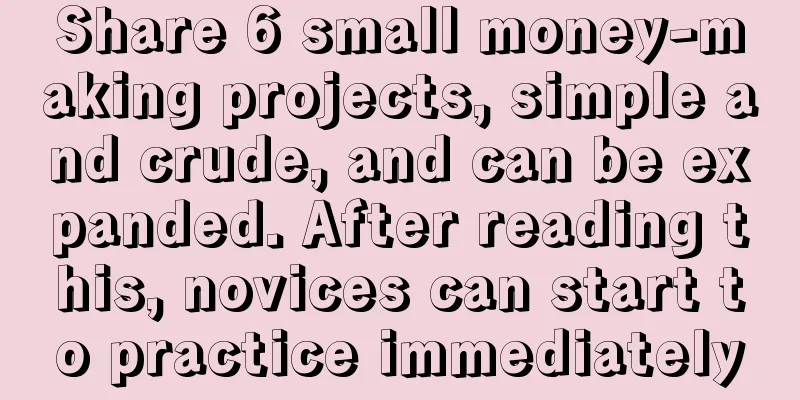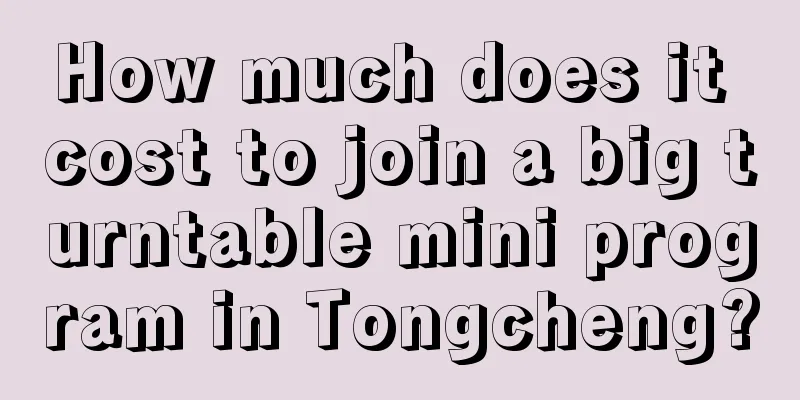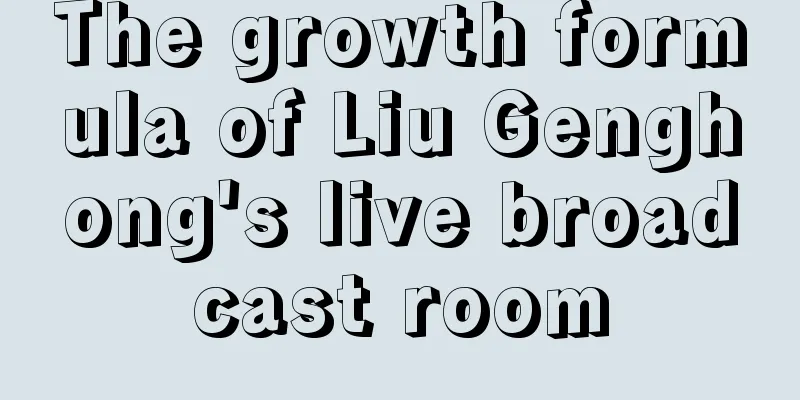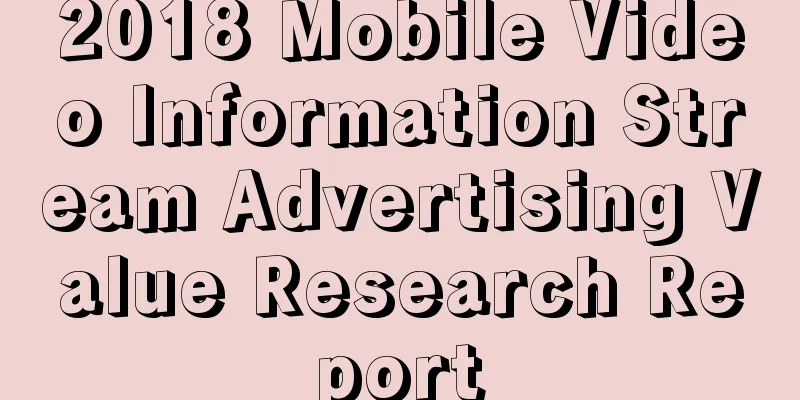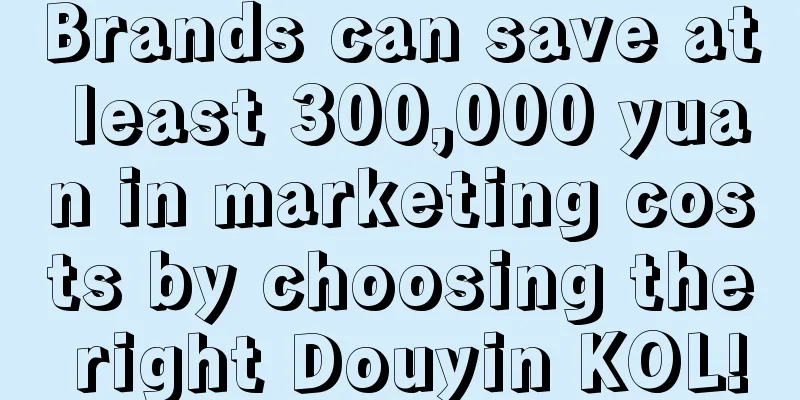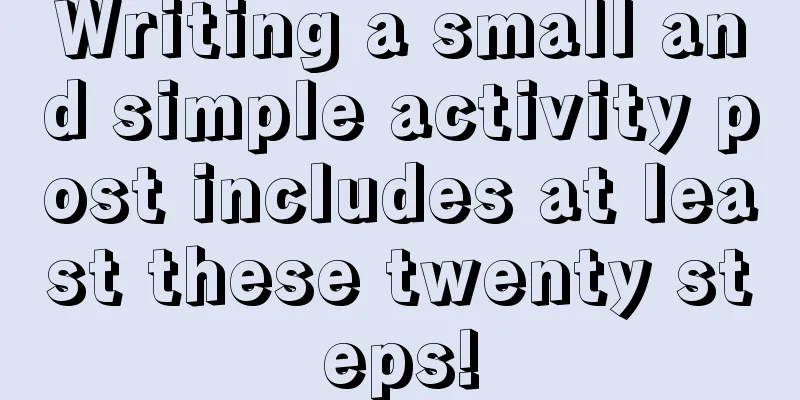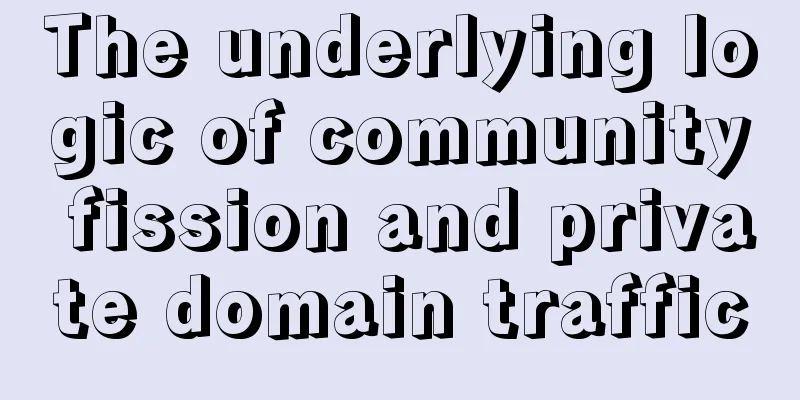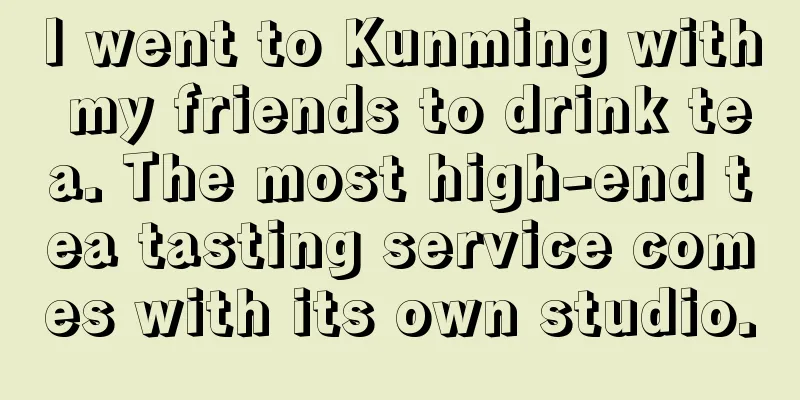Research shows that developers are using user moods to get more five-star reviews
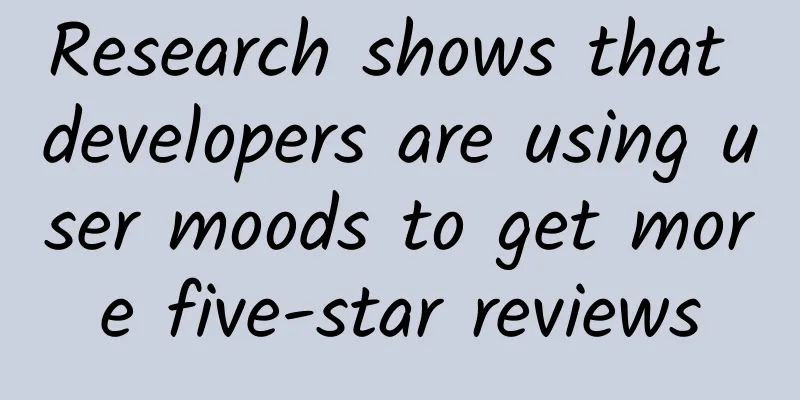
|
In 2008, when Apple announced the launch of the App Store, there were only hundreds of apps in the store. More than a decade later, this number has soared to millions. Now we can download a wide variety of apps through the App Store, covering scenarios such as life, work, and entertainment.
Where there is a market, there is competition. In order to attract more users to download and use their own applications, developers have to use all means, among which user ratings are considered one of the keys to improving the application search ranking. Therefore, we often receive pop-up messages inviting evaluation when using applications. Although the product logic behind it is questionable, the focus of today's discussion is not on this, but on when the pop-up window inviting evaluation will pop up. According to foreign media reports, they found that many apps and games use user moods to increase the success rate of inviting users to review, thereby obtaining a higher chance of full score reviews. For example, game apps will pop up a pop-up window inviting you to review when you get a high score; bank/wallet apps will send out review invitations on payday; sports apps will only invite users to review when the team they support wins, etc. Since the automatic App Store rating mechanism was launched, Apple has been committed to combating fraudulent scoring, but it has not been able to fully eliminate such cheating methods that attempt to deceive the system. The above-mentioned use of psychology to understand user moods, emotions, and behaviors to obtain higher app ratings is generally difficult to classify as cheating. Because at best, they are not "hacking" the system, but "hacking" your brain.
It is worth mentioning that this strategy of obtaining high ratings through user moods is already an "open secret" in the industry, so much so that "among large enterprises, it is difficult to find a company that does not do this," said Brian Levine, vice president of strategy and analysis at consulting firm Mobiquity. Competition among apps is fierce, so getting high scores is crucial. Apptentive, a review management company, calls ratings "the lifeblood of the mobile app world." Their research shows that upgrading an app from a two-star rating to a three-star rating can increase downloads by 306%, while a jump from three stars to four stars can increase downloads by 92%. Gummicube, which helps companies optimize the App Store, says four out of five users don't trust apps with ratings below four stars. |
>>: What can Huawei's HMS ecosystem do for Chinese companies going overseas?
Recommend
You can get in just by paying! APP Promotion Offline Pre-installation Promotion Manual
1. What is App pre-installation promotion? Pre-in...
WeChat's most anticipated feature is coming soon! Register two WeChat accounts with one mobile phone number
WeChat is a very familiar mobile software for mos...
Mini Programs are on the rise: Will they be the next wave to kill the App Store?
Last week, with the arrival of New Year's Day...
C4D+AE+Redshift rendering Star Beauty advanced real scene synthesis full process 2020 [HD quality with material]
C4D+AE+Redshift rendering Star Beauty advanced re...
A practical guide to creating a classic snake game with Android native controls
Game Instructions Snake is a classic game, which ...
Analysis of Douyin Box Competitive Products
As one of the most popular apps in contemporary t...
Hearthstone designer: Only by making the game you want to make can you succeed
The success of Hearthstone once again proves that...
Microsoft GitHub releases Android Beta version with support for dark mode
According to foreign media reports, GitHub offici...
How do big self-media accounts make money?
The fans of emotional self-media are ordinary peo...
Is it expensive to develop a Wuzhong catering mini program? Wuzhong catering mini program development costs and process
How much is the quotation for Wuzhong catering de...
How much does it cost to develop an audio and video mini program in Ningbo?
How much does it cost to develop a Ningbo audio-v...
Analyze ten product details to see how big manufacturers design!
Preface Meeting user needs and improving user exp...
Xcode Project Analysis
1. Background Xcode is an IDE for daily iOS progr...
Short video emotional communication project, a way to make money in the niche field
Project Source: The ultimate truth of the world i...
Boss Shen’s live streaming sales operation, refined operation of “people, goods and venues” in the live streaming room with sales of millions
Mr. Shen’s live streaming operation, sales of mil...
